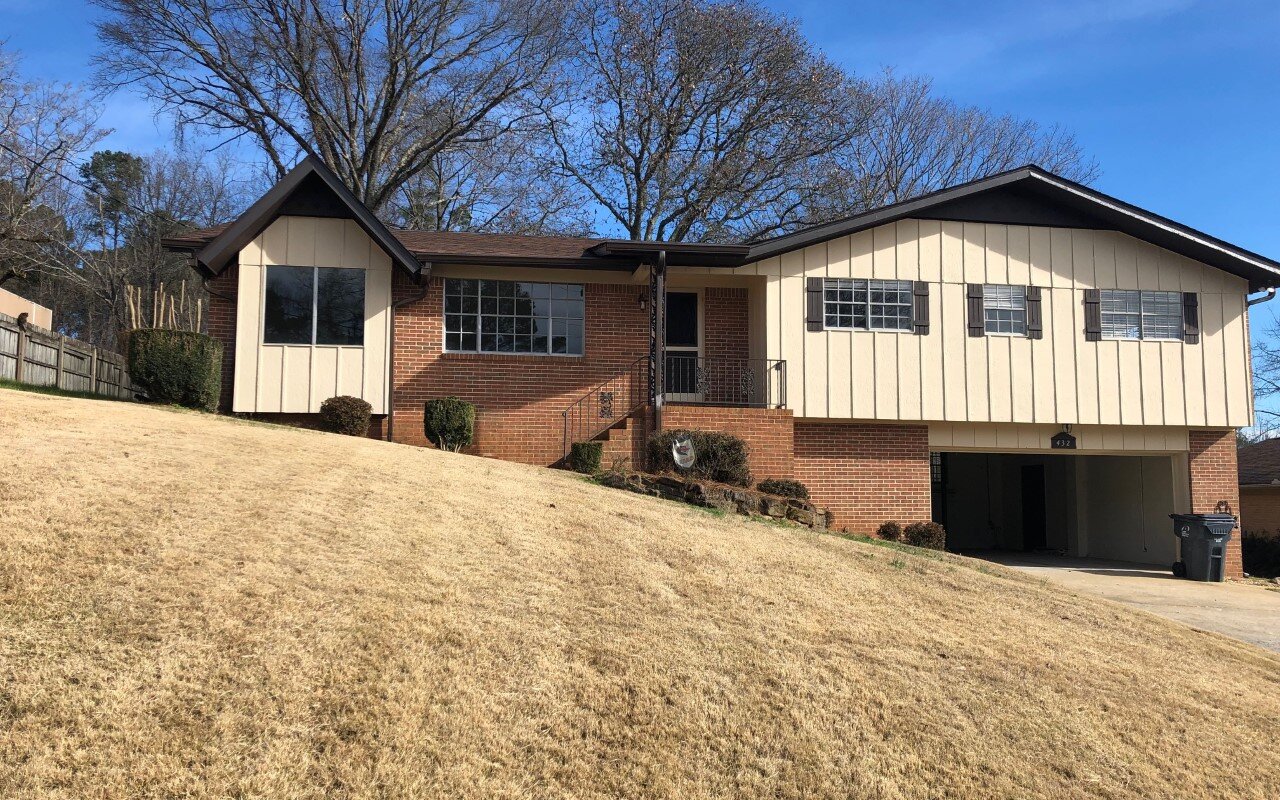
If you’re selling your home, you’re probably eager to close the deal and start the next chapter of your life in a new location. However, before you get too excited and rush through the process, it’s important to take a moment to consider the potential tax implications that come with selling your property. One of the most significant financial aspects you need to be aware of is the potential for capital gains taxes if you’ve made a profit on the sale.
Capital gains taxes can have a substantial impact on the financial outcome of your home sale. If you’re not familiar with these taxes or how they work, it’s crucial to gain a good understanding of the relevant tax rules to help you minimize your tax bill. By educating yourself on these tax regulations, you can make more informed decisions and potentially save a significant amount of money.
So, let’s take a closer look at the tax implications of selling your home in Birmingham. This will involve examining how capital gains taxes are calculated, the exclusions you might qualify for, and other important considerations that can affect your overall tax liability. Understanding these aspects will equip you with the knowledge you need to navigate the selling process more effectively and ensure that you’re well-prepared for any tax obligations that may arise.
The Likelihood of Paying Taxes on the Sale of Your Home
If your home has appreciated significantly, which is often the case, you’ll enjoy a substantial payday when selling your home in Birmingham. However, this profit means you will likely owe the IRS money due to the capital gains taxes on the sale.
A home is considered an asset, and as such, it is subject to capital gains taxes. “The biggest question at tax time for someone who recently sold a home is whether they’ll have to pay federal capital gains taxes on the profit. In short, capital gains are the amount of money you make from selling capital assets – property like homes, cars, investments, and other high-value items.”
Additionally, home prices rose dramatically between 2020 and 2022, which likely means your home experienced significant capital gains. So, it’s very likely that you will have to pay taxes when you sell your home.
How Capital Gains Taxes Work
Let’s delve into how capital gains taxes work and how they apply when selling your home.
“A capital gains tax is a tax placed on any profits earned when a capital asset is sold. The IRS considers almost everything you own and use for personal or investment purposes to be a capital asset. These taxes are due on the tax deadline after the asset is sold, and they apply to investments like stocks, bonds, and real estate.”
The IRS categorizes capital asset gains into two types: short-term and long-term. If you’ve lived in your home for less than a year before selling it, the profit is considered a short-term gain. If you’ve owned and lived in your home for a year or longer, the gain is classified as long-term. “The capital gains tax on your home sale primarily depends on the duration of your ownership and your income.”
For short-term gains, you’ll be taxed at your regular income tax rate. Long-term capital gains receive preferential tax treatment and are taxed at rates of 0%, 15%, 20%, or 28%, depending on your income and tax filing status. Additionally, if you meet certain conditions, you can exclude the first $250,000 to $500,000 of the profit from the sale of your home, thereby avoiding taxes on that portion altogether.
How to Avoid Capital Gains Tax
When selling your home, you may indeed be subject to capital gains taxes, but the IRS offers certain exclusions that you may qualify for as a home seller.
According to industry experts, “If you meet certain requirements, you can exclude $250,000 from the sale of your home. That number increases to $500,000 if you’re married and filing jointly.”
To qualify for this exclusion, you must meet the following criteria:
- You’ve owned the home for at least two years during the past five years prior to the sale (this doesn’t have to be continuous). If you’re married and filing jointly, only one spouse needs to meet this requirement.
- The home was your principal residence for a minimum of two of the five years prior to the sale. For those married and filing jointly, both spouses must meet this requirement.
- You haven’t sold another home during the two years before the sale, or — if you did — you didn’t take the exclusion of gain earned from it.
If you think you may qualify, be sure to consult a Birmingham agent. To discover more, call (205) 844-3474.
Special Circumstances
Even if you don’t meet the criteria outlined above, you may still be able to claim a full or partial exception when selling your home in Birmingham. The special qualifying circumstances include:
- Gaining ownership of the home during a separation/divorce.
- If your spouse died during your ownership of the home.
- Owning a “remainder interest” in the home when selling.
- Having your previous home condemned.
- Being a service member during your ownership of the home.
- Releasing the home in a “like-kind” exchange.
Calculating Capital Gains Tax
If, when selling your home, you want to calculate your probable capital gains tax, you will need to determine the cost basis for the home.
The cost basis includes what you spent to buy the home, as well as any money spent on improvements over the years. For instance, if you purchased a home for $300,000 and spent $50,000 on home improvements, your cost basis is $350,000.
From there, you can add up the purchase price of the home, minus certain fees you paid for things like closing costs and the services of a real estate agent. Then, subtract your cost basis from any money you earned from the sale. This will yield the amount subject to capital gains tax.
Get Professional Assistance
If the complexities of capital gains tax seem overwhelming, you’re not alone. Navigating the intricacies of these taxes can indeed be daunting. Therefore, when you’re planning to sell your home, it’s crucial to consult both a tax professional and an experienced Birmingham investor.
A tax professional can provide detailed insights into your specific tax situation, ensuring you understand all the potential tax implications and how to minimize your tax liability. They can help you navigate the legal landscape, making sure you don’t overlook any possible exclusions or deductions.
At the same time, partnering with an experienced Birmingham investor can be highly beneficial. We have a deep understanding of the local real estate market and the tax implications that come with selling a property in this area. Our expertise allows us to guide you through the entire process, from understanding your cost basis to calculating potential capital gains and exploring options to mitigate tax burdens.
By working with professionals, you can ensure that you make informed decisions and achieve the best possible outcome when selling your home. If you have any concerns about the tax implications of selling your home in Birmingham, or if you simply want to discuss your options, please don’t hesitate to contact us at (205) 844-3474. We’re here to help you navigate this complex process and ensure a smooth and successful sale.

